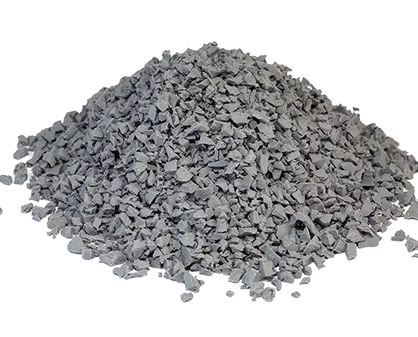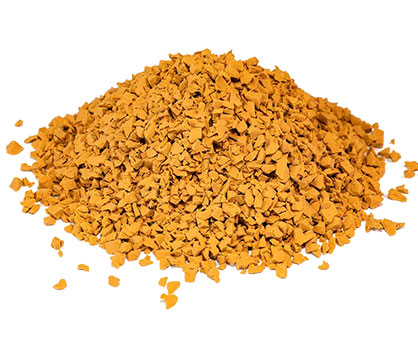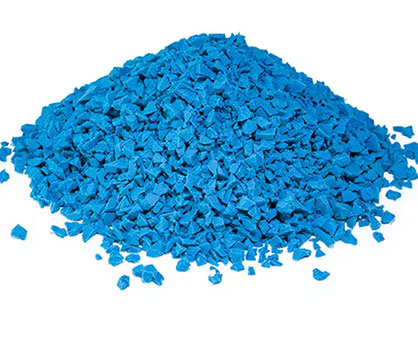


The various TPV materials are usually manufactured by reactive extrusion. In the classic case, they consist of the two main components polypropylene (PP) and ethylene-propylene-diene rubber, which are mixed together. The EPDM phase is dynamically vulcanized in this blending process. Due to the adapted shear and mixing forces, the resulting rubber phase is very highly dispersed and distributed within the continuous, thermoplastic phase. In addition, further additives such as UV stabilizers, fillers or color pigments can be added to achieve the desired material properties.
In particular, the mechanical properties of TPV compounds are strongly dependent on the degree of distribution and the size of the vulcanized components.
In addition to the classic design of TPV materials as compounds blends of polypropylene and dynamically crosslinked EPDM, which account for the majority of the total quantity of all TPVs, there are a large number of other material combinations. For example, blends of thermoplastic copolyesters and various dynamically crosslinked rubbers including EVM.
Unlike elastomers, TPV products no longer need to be vulcanized during processing, which simplifies the downstream processing operation and thus greatly reduces cycle times. Another advantage is the elimination of cost-intensive reworking steps, since the components do not have to be additionally annealed or deburred as is the case with elastomer processing.
If cohesive adhesion is not possible, thermoplastic elastomer hybrids can be mechanically anchored by processing in multi-component injection molding.
Another advantage is the recyclability of TPVcompounds. Sprues and start-up material can be added to the virgin material to a certain percentage.
In addition, KRAIBURG TPE is working intensively on new formulations in which recyclates are already used in the manufacturing process.
Dimensionally stable
Resistance to compression set
Low-temperature flexibility
Good UV and ozone stability
Recyclable
Weather stripping and seals
Commercial glazing gaskets
Expansion joints and gaskets
Housewares
Power tools
Electrical wire and cable
Mobility - Automotive parts